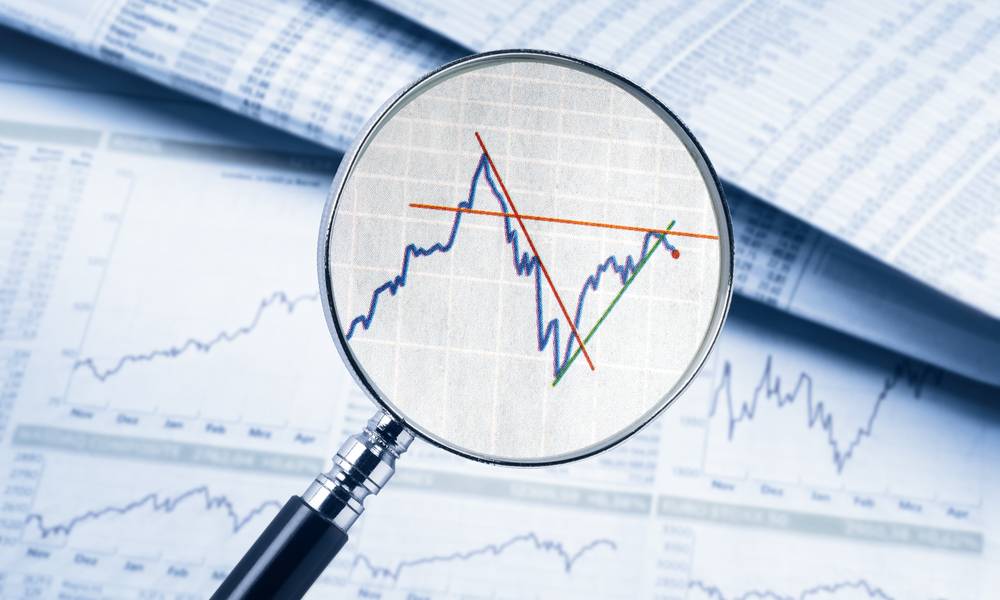Could COVID-19 be a turning point for ESG in China?
Research has found that companies with a higher allocation of ESG assets performed much better on the stock market during the COVID-19 pandemic, which suggests ESG investments could help mitigate the risks posed by future crises
This article is republished with permission from China Business Knowledge, the knowledge platform of Chinese University of Hong Kong (CUHK) Business School. You may access the original article here.
Few would argue that China, despite its many economic achievements, is a poster boy for good environmental, social, and corporate governance (ESG) performance. However, a recent research study by The Chinese University of Hong Kong (CUHK) hopefully adds further motivation for firms in the country to speed up their adoption of business practices that focus on their environmental, social and corporate governance outcomes in addition to profits. It found that high-ESG firms in China performed better on the stock market during the COVID-19 pandemic.
“Overall, ESG scores were positively associated with short-term cumulative returns over three- and five-day event windows around the Wuhan lockdown. We found modest evidence to suggest that higher ESG firms exhibit lower price volatility during the COVID-19 period,” says Kalok Chan, Wei Lun Professor of Finance at CUHK Business School and one of the authors of the study. “We found the performance of firms with high ESG scores were attenuated in normal times and strengthened during times of crisis.”

ESG Investing in China
ESG investing in China remains at an early stage of maturity. Among the more than 3,200 signatories to the Principles of Responsible Investment or PRI, a U.N.-backed network of investors, only 49 hail from China. Unlike developed markets where institutional investors play an important role in ESG investing, retail investors dominate the markets within China and they are only recently incorporating ESG into their thought processes.
There is hope, however, as the investor network sees strong ESG momentum for Chinese firms, in part driven by the inclusion of its many top performers into global stock indices. The country is also expected to kick off a program before the end of the year to require its more than 3000 listed companies to increase ESG disclosure.
For the CUHK study, Prof. Chan and his collaborators were interested to examine the role of ESG performance during market-wide financial crises and whether investors interpret ESG performance as a signal of future stock performance or risk mitigation in China. The study was conducted in collaboration with Prof. David Broadstock and Prof. Louis Cheng at Hong Kong Polytechnic University, and postdoctoral fellow Xiaowei Wang at the Department of Finance at CUHK Business School.
“We found the performance of firms with high ESG scores were attenuated in normal times and strengthened during times of crisis”
Prof. Kalok Chan, Wei Lun Professor of Finance at CUHK Business School
In their study: The Role of ESG Performance During Times of Financial Crisis: Evidence from COVID-19 in China, the researchers gathered their data from SynTao Green Finance, a China-based third-party data provider specialised in ESG data and green finance advisory. They used the constituents shares of the CSI300, which consists of the top 300 A-shares listed in Shanghai and Shenzhen, in the sample. The team divided the shares into high- and low-ESG groups and examined their cumulative raw returns over a three-day window from January 23 to February 4 and over a five-day window from January 22 to February 5 after the Wuhan lockdown during the COVID-19 outbreak.
According to the results, trading activity for CSI300 intensified during the pandemic, and such heightened trade activity was especially strong among low-ESG firms. This suggests high-ESG firms were relatively more resilient during the pandemic period, with investors being more patient and not selling their shares to avoid losses during the turbulent market.
Looking at the impact of ESG in China during normal times, the study found that beginning July 2017 the high-ESG portfolio earned consistently higher returns than that of the low ESG group. Between July 2017 and December 2019, the cumulative return for the high-ESG group was 12.83 per cent higher than that of the low-ESG group. “This implies that, even in normal times, an industry neutral ESG-based investment strategy allows an investor to earn substantially higher returns on the Chinese market.” Prof. Chan notes.

Decomposing ESG scores
In addition, firms with higher ESG ratings had lower stock price declines during the COVID-19 pandemic. However, when the researchers further decomposed the sub-scores for the environment, social and governance performance, they found that positive stock returns are only related to environment and governance, but not social.
“Strong social scores imply consistent performance in areas including employee benefits, supply chain management, community engagement, philanthropy and managing social controversies. Plausibly, high performance in the social dimension coincides with relatively higher commitment or pressure to retain or furlough staff during a crisis or to steer the socially responsible course of action, rather than laying off staff to manage cost pressures,” Prof. Chan explains.
As for the reasons why environmental and governance scores are positively related to stock returns, the researchers have the following explanations: To achieve high environmental scores, a firm must have performed well in areas such as environmental management system certification, water conservation, energy efficiency, waste gas emission reductions, and reducing accidental waste and spills. Such efforts help mitigate long-term environmental risks and therefore, firms with high environmental performance can be better prepared to navigate away from negative business impacts such as those emerging during COVID-19.
Read more: Climate change and shareholder activism: what should boards do?
On the other hand, high governance scores can be achieved when firms perform well in areas including policy, overseas tax commitments, board diversity, auditor independence, whistleblowing and managing negative incidents regarding governance. The researchers think that a strong performance in these areas should help ensure the overall financial stability of a firm, and offer a heightened resilience to any shock event, including COVID-19.
The future of ESG investing
The study highlights that when a market-wide crisis event occurs, investors lower expectations of future earnings, yet they could have better confidence in higher ESG profile firms.
“ESG investing has stimulated mainstream interest among asset managers. In 2019, the capitalisation of ESG focused portfolios in major markets exceeded US$30 trillion,” Prof. Chan comments. “Taking advantage of a unique environmental setting, and access to a timely and novel dataset, we show that ESG performance is positively associated with the short-term cumulative returns of CSI300 stocks around the COVID-19 crisis.
“In doing so, we contribute to current understanding by illustrating the resilience of stocks with high ESG performance in times of market-wide financial crisis, consistent with the view that investors may interpret ESG performance as a signal of future stock performance or risk mitigation in times of crisis.”
